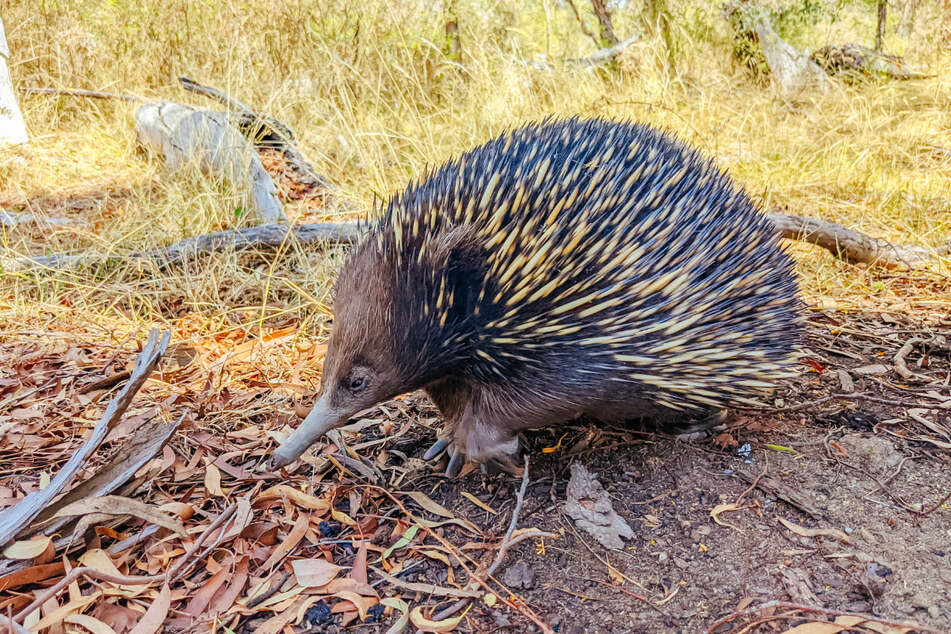Long-lost animal named after David Attenborough rediscovered!
Papua, Indonesia - Scientists have rediscovered a long-lost spiky mammal species in the Indonesian Cyclops Mountains. They even managed to catch the small, shy animal on camera!

Sir David's long-snouted echidna, named after the British naturalist and author David Attenborough (97), has been photographed on a surveillance camera for the first time since 1961. The long-beaked echidna is classified as Critically Endangered.
Scientists from Oxford University were on a four-week expedition to Indonesia in June and July to see if they could catch one on camera, the Guardian reported. It looked like they were out of luck until they caught a glimpse of the cute critter on the last day of their adventure – on the last memory card from their trail cameras!
The team recorded three shots of the animal that boasts hedgehog-like spines, an anteater snout, and mole-like feet.
Lead biologist James Kempton found the images on the last memory card, retrieved from more than 80 trail cameras set up throughout the Cyclops Mountains.
"There was a great sense of euphoria," James said. "I shouted out to my colleagues that were still remaining… and said ‘we found it, we found it.'"
This endangered mammal is incredibly shy and hard to find
The long-beaked echidna was first photographed by a Dutch botanist in 1961. Other species of Echidna are found throughout Australia and in the lowlands of New Guinea. But sightings of this spiny mammal, which lays eggs like a platypus, are rare as they are famously difficult to find.
The long-beaked echidna is nocturnal, lives in burrows, and tends to be incredibly shy.
This rediscovery took years of planning and a lot of luck. James and his team worked with the village of Yongsu Sapari to successfully make their trek through the perilous Indonesian wilderness.
The team survived much in search of the little animal, including an earthquake, malaria, and a leech stuck in one team member's eye.
Cover photo: 123RF/filedimage
